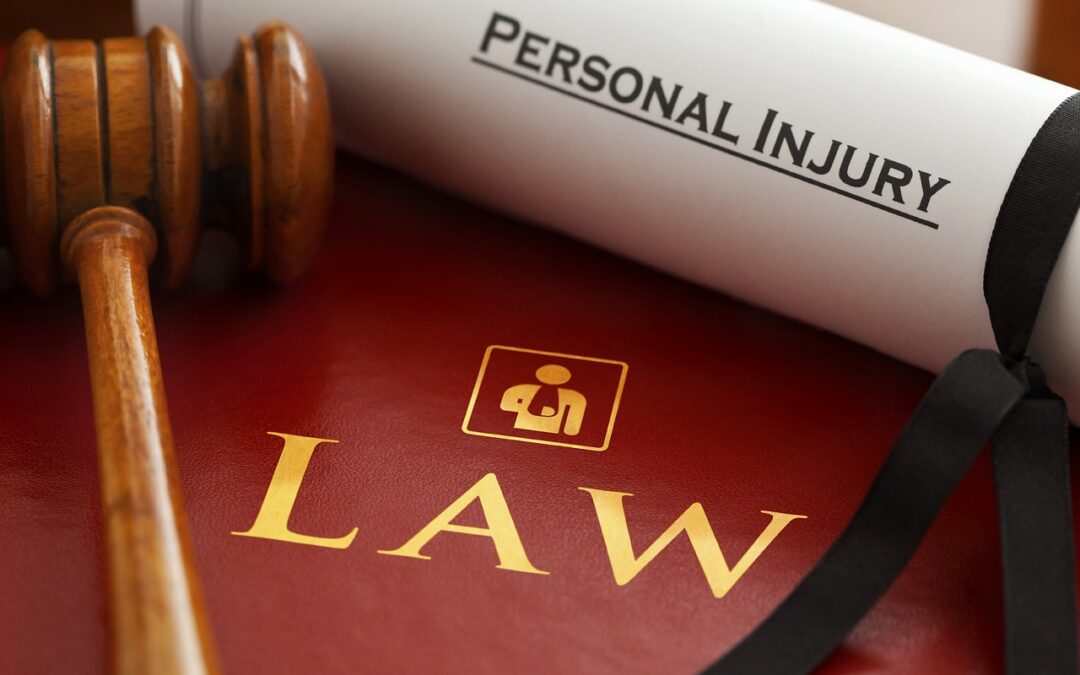When a person has suffered a personal injury, one of the most pressing questions that they have is often whether they will have to go to court to receive fair compensation. For many injured people who are already feeling vulnerable and struggling with daily life, the idea of having to go to court can be overwhelming. While it may be necessary to go to court to achieve true justice in some personal injury cases, in reality, most claims are settled through settlement negotiations, sparing the injured party the ordeal of a courtroom battle.
Here, we look at the dynamics of settling out of court versus going to trial, examining the benefits, risks, and considerations that go into this decision. The information is general only and we strongly recommend you seek advice our experienced team and Tolis & Co when pursuing a personal injury claim.
How Common is Going to Court?
Contrary to popular belief, most personal injury claims in Australia never see the inside of a courtroom. Even when an injured person brings a formal claim through the courts, this does not mean that these matters continue until a final court hearing. Statistics reveal that upwards of 95% of claims are resolved through out-of-court settlements or alternative dispute resolution processes.
The legal system anticipates that most claims will be settled out of court and encourages this outcome. There is a requirement for the parties involved in a personal injury claim to first attempt to settle the matter through negotiations, with compulsory settlement conferences mandated in most jurisdictions. These conferences serve as a forum for parties to explore avenues for resolving their disputes without resorting to formal litigation.
Should You Settle Out of Court?
The decision to settle out of court is a personal one, that should only be made with the expert advice of an experienced solicitor. However, the legal advice may be that either alternative is reasonable, and the matter is up to the personal preference of the injured party. Making this decision requires the plaintiff to evaluate a number of factors.
The largest benefit of settling out of court is the quicker resolution of the claim. A personal injury matter settled by going to court can take years before it is finalised. In addition, the process of going to court will incur substantial additional legal and other professional fees, including the costs of expert witnesses. In some cases, these costs can be deferred until the end of the case, but in others, the claimant may need to pay these costs up-front before the court hearing.
There is also an emotional toll to a court hearing which is by design an adversarial process pitting one party against the other. For people who are likely to already be vulnerable due to an injury, the impact of going to court might delay their recovery journey.
Out-of-court settlements can also give claimants a degree of certainty and control over the outcome, allowing them to negotiate terms that address their personal needs and concerns. This contrasts with court cases, where even with the best preparation and representation, the outcome is uncertain and entirely in the hands of the decision maker (which in Australia is usually a judge rather than a jury).
Settling out of court may also be preferable or beneficial when there needs to be an ongoing relationship between the parties, such as when the injury has occurred in the workplace. In the absence of an adversarial court process, an out-of-court settlement can help preserve the opposing parties’ relationship.
When Should You Go to Court?
While settlement is generally the recommended course of action, certain circumstances may necessitate the initiation of formal court proceedings. Personal injury matters that proceed to court typically involve disputes where liability is contested, for example, when the respondent either denies that they had a duty of care to the applicant, argues that the duty was not breached, or claims that the breach of duty did not result in the injury to the applicant. As such, certain cases may go to court if they are novel in some way, such as in a new category of duty not previously established in case law.
Disputes can also involve the extent of injuries claimed by the applicant or quantum, that is, the amount of compensation the applicant is entitled to because of their injuries.
Additionally, cases involving matters of principle may be taken to court because they require judicial intervention to provide clarity and precedent for future disputes. Because out-of-court settlements are confidential, this may not be the preferred pathway when an applicant wishes to increase awareness around a particular issue or lobby for changes in practices by a respondent. In such instances, the courtroom serves as the arena where the merits of the case are adjudicated, and justice is sought through the formal legal process.
Weighing the Considerations
On the one hand, litigation offers claimants the opportunity to present their case before an impartial adjudicator, backed by the rules of evidence and legal precedent. It provides a platform for robust advocacy and the pursuit of maximum compensation for the injuries suffered. However, the path of litigation is fraught with uncertainties, including the risk of an adverse judgment, lengthy delays, escalating legal costs, and the implication of costs orders. Moreover, the adversarial nature of courtroom proceedings can exacerbate tension between parties and strain relationships.
On the other hand, settling out of court offers the benefit of a swift and amicable resolution, with less of the hostility and uncertainty inherent in litigation. It allows parties to craft tailored solutions that meet their respective needs and interests while avoiding the pitfalls of prolonged legal battles.
However, settlements may entail compromises and concessions, potentially resulting in less favourable outcomes than what could be achieved through litigation. Additionally, the absence of judicial oversight may raise concerns regarding the fairness of the settlement terms.
Conclusion
Most personal injury claims in Australia are settled out of court providing a quicker resolution, faster access to compensation funds, and protection from the adversarial nature of litigation. In some cases, however, court proceedings may be necessary or warranted to provide the best opportunity for a claimant to achieve justice and fair compensation. At Tolis & Co, we are experienced, and have achieved very favourable results in, alternative dispute resolution processes and litigation in personal injury matters. Our advice will help you decide what is best for your circumstances.
If you or someone you know wants more information or needs help or advice, please contact us on 08 8443 4888 or email [email protected].

